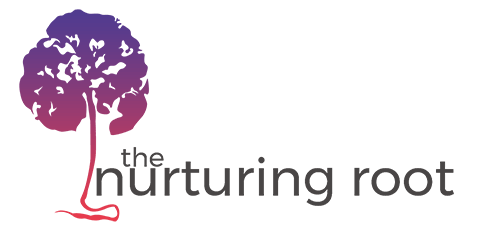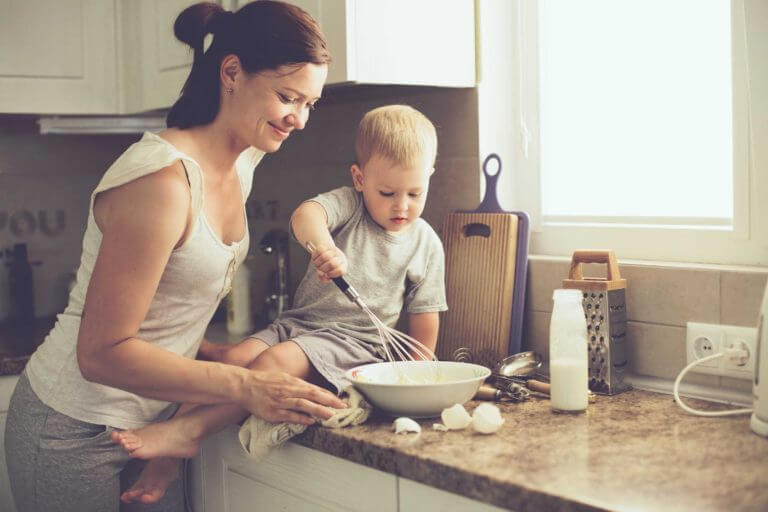Six Tips For Hiring A Placenta Encapsulation Specialist
Are you considering hiring a specialist to encapsulate your placenta? Placenta encapsulation is an awesome process that transforms your baby’s placenta into capsules. You then take your ‘placenta pills’ as a postpartum supplement. Placenta encapsulation can improve your overall postpartum wellness experience, and may help: balance hormones, support lactation and enhance milk supply, replenish iron,…

